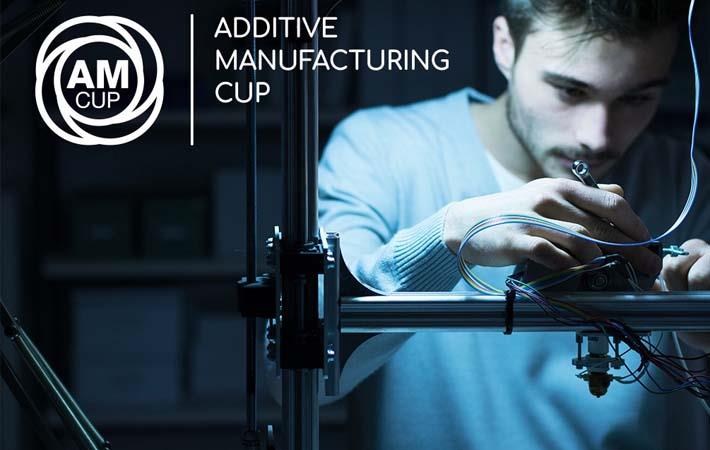Solvay, global supplier of specialty polymers, has launched Additive Manufacturing Cup by 3D printing challenge for complex shapes using the company’s KetaSpire polyetheretherketone (PEEK) filaments, for university students from around the world. PEEK is seen as one of the highest performing thermoplastic polymers, and among the most difficult to 3D print.
Registration for the challenge has closed at the end of October with over thirty teams from thirteen countries enrolled.Solvay, global supplier of specialty polymers, has launched Additive Manufacturing Cup by 3D printing challenge for complex shapes using the company's KetaSpire polyetheretherketone (PEEK) filaments, for university students from around the world. PEEK is seen as one of the highest performing thermoplastic polymers, and among the most difficult to 3D print.#
“3D printing is a remarkable manufacturing technology that is developing quickly,”said Brian Alexander, additive manufacturing manager for Solvay’s Specialty Polymers global business unit. “It can deliver fully functional prototypes as well as cost-efficient single to small volume applications much faster than traditional manufacturing. However, printing with the world’s best performing polymers remains a challenge. Solvay’s Additive Manufacturing Cup is to demonstrate that the time has come for this to change.”
Solvay’s growing 3D printing capabilities build on the group’s global leadership in high performance, light-weighting solutions for metal replacement, such as in transport, where they help reduce the weight of cars and planes and therefore carbon dioxide emissions. Solvay’s 3D printable material solutions will help expand the application space for 3D printed parts, offering more design freedom and increasing material efficiency. By involving students who are passionate about game-changing technologies, Solvay seeks to harness their imagination and creativeness to help disrupt existing know-how and drive additive manufacturing to the next level. While universities provide the printing equipment, Solvay will supply PEEK filaments and assist the teams with essential material data for 3D printing.
Solvay’s KetaSpire PEEK offers an excellent combination of mechanical and chemical resistance even at continuous-use temperatures of up to 240 degrees Celsius. It inherently possesses excellent insulation and electrical resistance properties as well as low moisture and flame retardancy. Leveraging these outstanding properties for 3D printing opens up incredible opportunities for tomorrow’s light-weighting applications.
The final parts printed by each student team will be evaluated on their mechanical stability and aesthetic qualities by an international panel of Solvay polymer, design and additive manufacturing specialists. Winners will be announced on March 22, 2018, and receive first, second and third prizes of ten, five and three thousand euros respectively to be used for academic, entrepreneurial or societal purposes. (SV)
Fibre2Fashion News Desk – India


